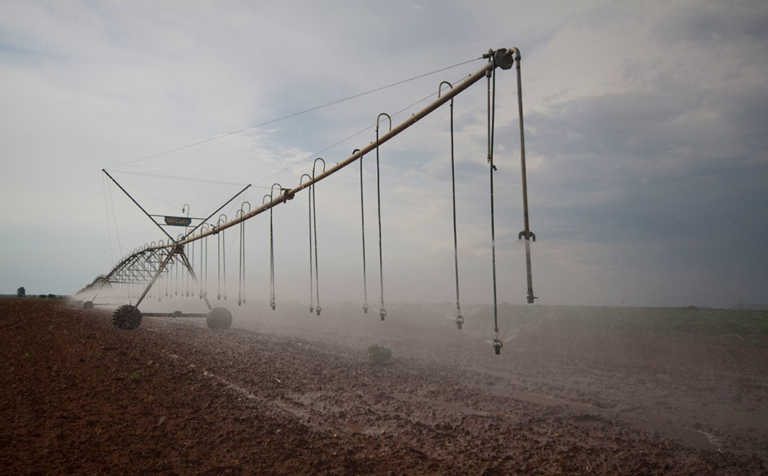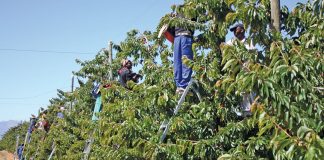
Photo: Sabrina Dean
Organised agricultural organisations have expressed serious concern that any further load-shedding carried out by Eskom during important production periods could negatively impact the profitably of farmers and the affordability of food for South Africans.
READ Cut electricity costs with wood gasification
Earlier this week, Eskom instituted Stage 4 load-shedding, which required the utility to reduce the national electricity supply by 4 000MW, after failing to meet the country’s electricity requirement of about 30 000MW.
A statement issued by Eskom on Monday said the utility’s board had convened an urgent meeting with Public Enterprises Minister Pravin Gordhan after load-shedding had been unexpectedly introduced the previous day.
The initial plan had been to institute Stage 2 load-shedding, but Eskom had been forced to escalate this to Stage 4.
READ Dramatic savings with low-flow drip irrigation
“The escalation from Stage 2 to Stage 4 load-shedding was [the result of] a further seven generating units [tripping] within a period of five hours,” the statement said.
The situation was further exacerbated by Eskom experiencing diesel shortages.
Chairperson of the Centre of Excellence for Economics and Trade at Agri SA, Nicol Jansen, expressed relief about the immediate crisis seemingly being over, but said he did not believe the country was “out of the woods yet”.
Although diesel supplies had been replenished and no load-shedding was planned for Friday, 15 February, Jansen said there was concern that electricity supply margins were so tight that any small “glitch would again plummet us into darkness”.
Jansen said the timing was especially bad for maize irrigation farmers, many of whom had crops that were at a critical growth phase, such as pollination.
These farmers were the ones currently stabilising South Africa’s maize production prospects and damage to the plants now could negatively affect yields and result in price increases that would eventually be felt by consumers, he said.
READ Easy, affordable ways to cut on-farm electricity costs
Another industry directly affected at this time was table grape exporters. Jansen said timing was critical to ensure quality.
In addition, packhouses could not operate during power outages, which meant staff had to be paid overtime to make up for lost production. This added to costs and affected profitability.
Join the Farmer’s Weekly News WhatsApp Group for daily news updates.











